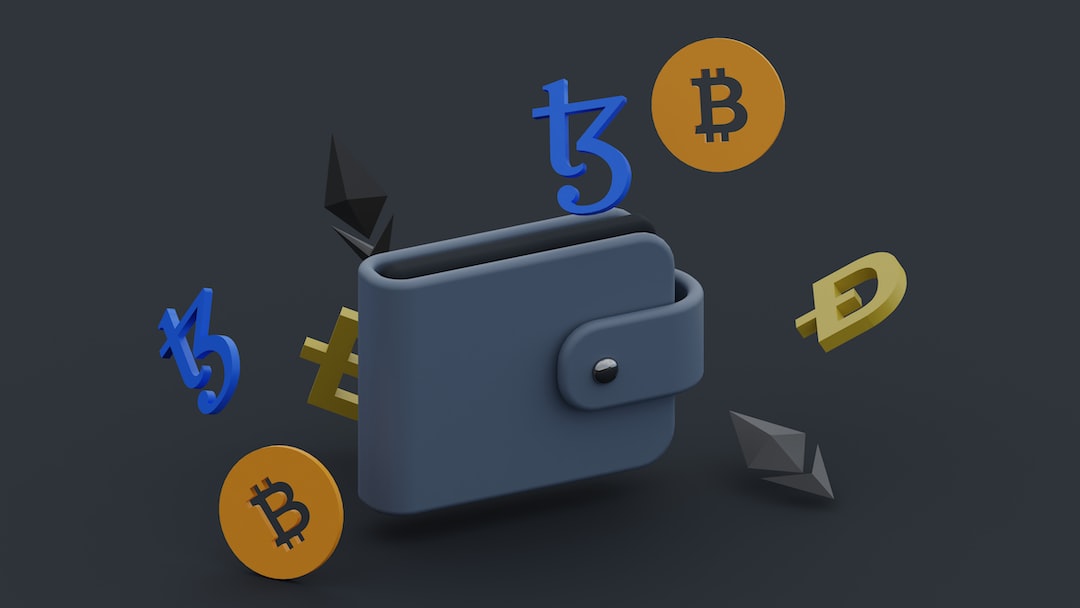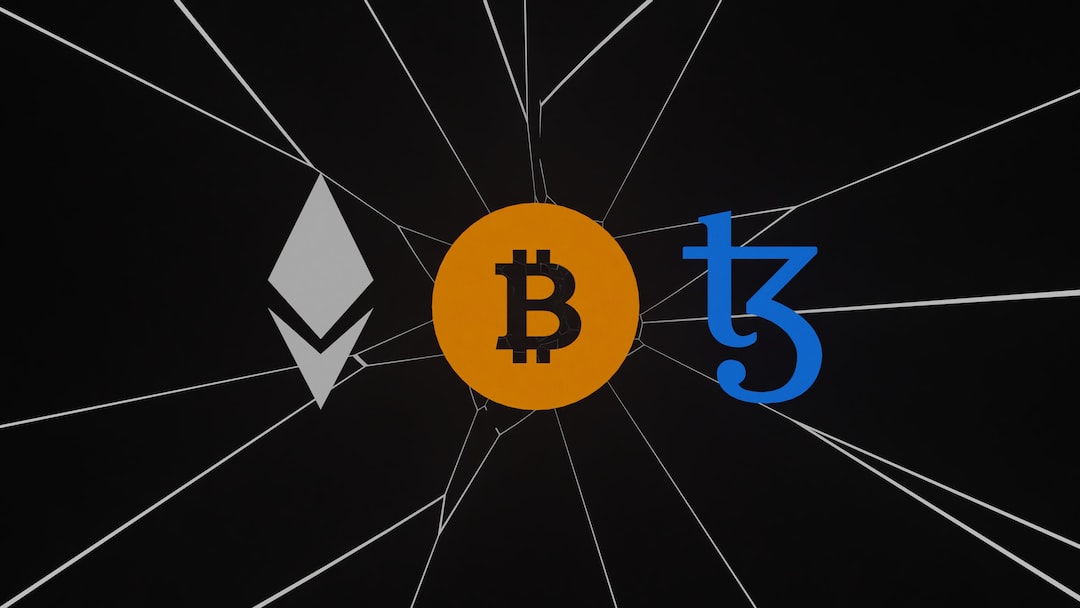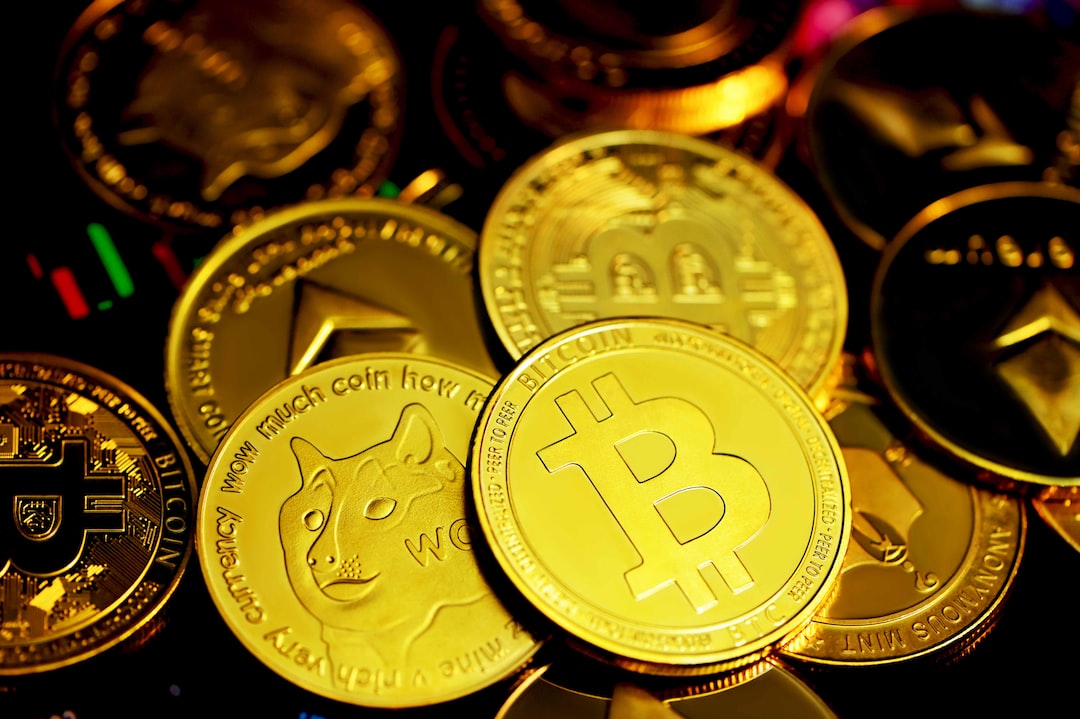FTX’s Massive Sponsorship Deals Revealed in Legal Trial
The recent legal trial involving FTX’s founder, Sam Bankman-Fried, has uncovered the details of the crypto exchange’s substantial sponsorship deals. Documents presented in court revealed that FTX had agreed to sponsor Riot Games’ League Championship Series (LCS) esports competition for a staggering sum of nearly $100 million. The agreement was part of a seven-year deal that would automatically renew unless disputed by either party. Additionally, FTX had promised esports organization TSM over $210 million under two labels: “FTX Trading” and “FTX US.”
Payments and Collapse of FTX
According to the disclosed spreadsheet, Riot’s LCS was set to receive annual payments, with $4 million in 2021 and increasing amounts in subsequent years. Similarly, TSM was owed payments over a 10-year period. However, it remains unclear how much of these amounts were actually paid before FTX’s collapse in November 2022.
Bankman-Fried’s Obsession with League of Legends
Sam Bankman-Fried, the former CEO of FTX, had a well-known obsession with League of Legends. He frequently wrote about the game on social media and reportedly played it during business meetings and interviews. League of Legends is one of the most popular competitive esports games, boasting 133 million monthly active users.
Crypto Industry as a Revenue Source for Esports
The crypto industry has emerged as a promising revenue source for esports organizations facing financial challenges. Sponsorships have become crucial for many orgs, while others have explored integrating NFTs and crypto to engage and monetize their fanbases. However, the momentum around crypto/esports partnerships has slowed amid the ongoing crypto bear market.
Hot Take: FTX’s Lavish Sponsorship Deals Revealed in Legal Trial
The legal trial involving FTX has shed light on the massive sponsorship deals the crypto exchange had secured. With nearly $100 million promised to Riot Games and over $210 million pledged to TSM, these agreements represented significant investments in the esports industry. However, it remains uncertain how much of these funds were actually paid out before FTX’s collapse. The revelations also highlight the growing intersection between the crypto industry and esports, with organizations seeking new revenue streams and exploring innovative ways to engage fans. Despite recent market challenges, the potential for crypto/esports partnerships remains promising.





 By
By

 By
By

 By
By